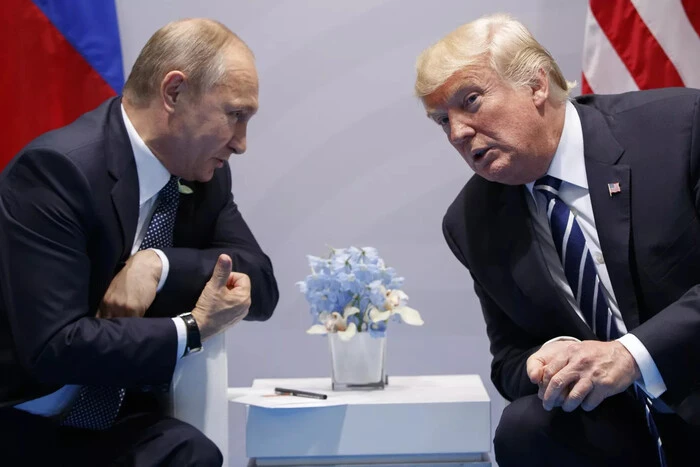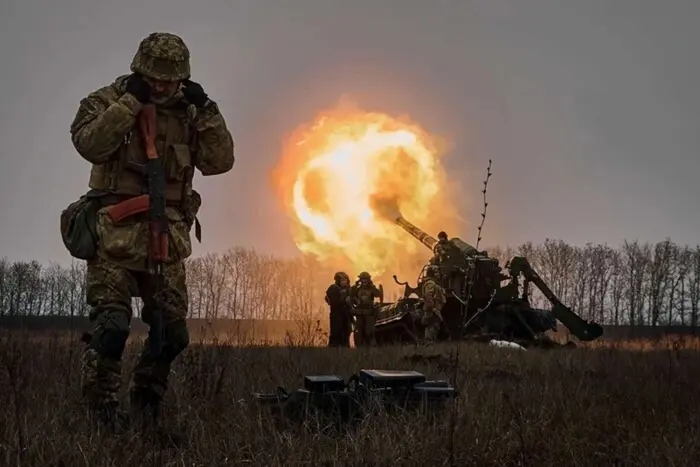America doesn’t stop searching for real ways to pressure Putin
glavcom.ua
Thu, 10 Apr 2025 13:35:00 +0300

On the first day of April, 50 American senators representatives of both parties introduced a bill that could drastically change the rules of the game on the global market and in negotiations to end the war in Ukraine.
The document proposes punitive 500 tariffs on all imports from countries whose residents continue to purchase Russian oil, gas, uranium, and other products.
If passed, this bill would significantly shift the dynamics of the global market and the diplomatic landscape surrounding the war in Ukraine.
Whereas previously pressure on Russia was exerted through sanctions, the new approach involves economic leverage against Russias partners primarily China and India.
An important detail such tariffs could be introduced if Russia refuses to participate in goodfaith peace negotiations regarding the war in Ukraine, or if, after peace is established, it once again undertakes actions that undermine Ukraines sovereignty.
Just a month ago, it would have been hard to imagine the U.S.
imposing tariffs on goods from 180 countries.
Today, its hard to believe in 500 tariffs.
But the past few weeks should have taught us to take Washingtons new economic initiatives seriously.
Historically, the U.S.
has been cautious about sanctions on Russian energy.
Instead of a complete ban, they implemented a 60 price cap instead of sanctions against major Chinese or Indian companies, they imposed localized restrictions on specific tankers and insurers.
The rationale was that without Russian oil, the world risked a major energy crisis.
However, it seems that the experience of using punitive tariffs such as those against Venezuela has allowed the new U.S.
administration to reconsider its cautious stance on Russian energy.
Previously, enforcement of sanctions was the responsibility of those who imposed them i.e., the U.S.
Treasury Department.
Now, entire countries will be motivated to avoid these punitive tariffs.
Sanctions enforcement no longer requires complex investigations, tracking tankers, or uncovering offshore schemes.
A single confirmed purchase of Russian oil by, for example, a Chinese or Indian company, would be enough for the entire country to lose the ability to legally export its goods to the U.S.
For exportoriented economies, this is a critical risk.
And this, clearly, is what the authors of the bill are counting on.
Whether this will force Putin to come to the negotiating table is hard to predict.
But the very fact of such an initiative already carries important significance for Ukraine.
First, it demonstrates bipartisan support for our country in the U.S.
Senate, with the initiative being backed equally by Republicans and Democrats. Second, despite a change in administration, mixed signals from Washington, and overall cautious rhetoric, America continues to look for real means of pressuring Putin to end the war.
This is a positive signal for Ukraine, especially at a time when other means of influence appear to be losing effectiveness.












